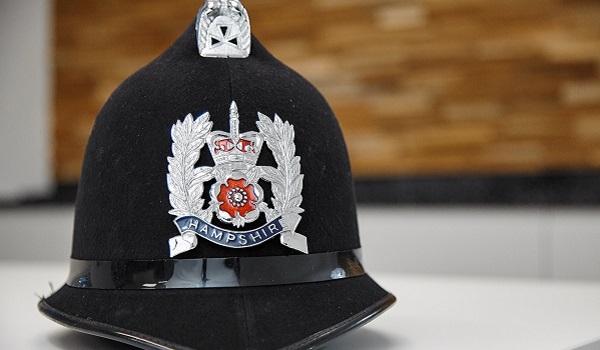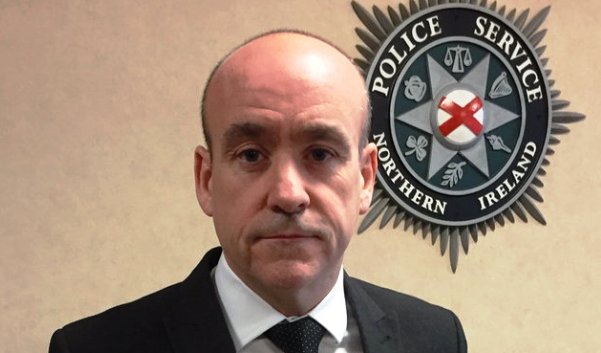Judicial approval no longer required to end life support
Judges will no longer need to be consulted when doctors and relatives of patients in a vegetative state decide to end life support, the Supreme Court has ruled.
The ruling on Monday (July 30) could affect thousands of families, as it is estimated that around 24,000 people in the UK are in a persistent vegetative or minimally conscious state.
For the last 25 years, the Court of Protection has ruled on whether or not an individual can have clinically assisted nutrition and hydration (CANH) withdrawn, which can take years to conclude and costs health authorities around £50,000 in legal fees.
The Supreme Court ruling comes as part of a legal challenge after a banker in his 50s – referred to as ‘Mr Y’ – suffered a cardiac arrest, resulting in severe brain damage.
Mr Y was said to be unaware of himself and his environment and it was deemed highly unlikely that he would ever regain consciousness.
He had not left a living will or any instructions on what should happen to him in the case of sudden illness, so his family and doctors agreed to allow him to die by withdrawing his feeding tube, but an application had to be made to the Court of Protection first.
Instead, the NHS trust asked the High Court to declare that it was not necessary to apply to the Court of Protection when the doctors and the family agree it is in the patient’s best interests to withdraw CANH.
Mr Y died before the case could be heard, but it continued nonetheless because it was agreed to be an important issue that needed resolving.
Lady Black of Derwent ruled that an agreement between families and doctors was sufficient safeguarding to ensure public confidence.
However, she urged families to apply to court where there are differences of view between medical professionals and relatives.
The campaign director of anti-euthanasia group Care Not Killing, Dr Peter Saunders, described the ruling as “concerning and disappointing”.
He added: “’In making these declarations Lady Black and the Supreme Court has dramatically moved the goalposts on end of life decision-making. Once we accept that death by dehydration is in some brain-damaged people’s ‘best interests’ we are on a very slippery slope indeed.
“The Supreme Court has set a dangerous precedent. Taking these decisions away from the Court of Protection removes an important layer of legislative scrutiny and accountability and effectively weakens the law.”
Director of Partnerships and Services at Compassion in Dying Natalie Koussa said the judgment adds “much needed clarity” for doctors and loved ones of those who have sadly been left in a vegetative state.
“The court’s decision today also recognises the fact that sometimes, sadly, it is in someone’s best interests to withdraw treatment. It will allow those closest to a person – their loved ones and medical team – to feel supported and empowered to make the right decision for the person, even when it is a difficult one,” she added.







